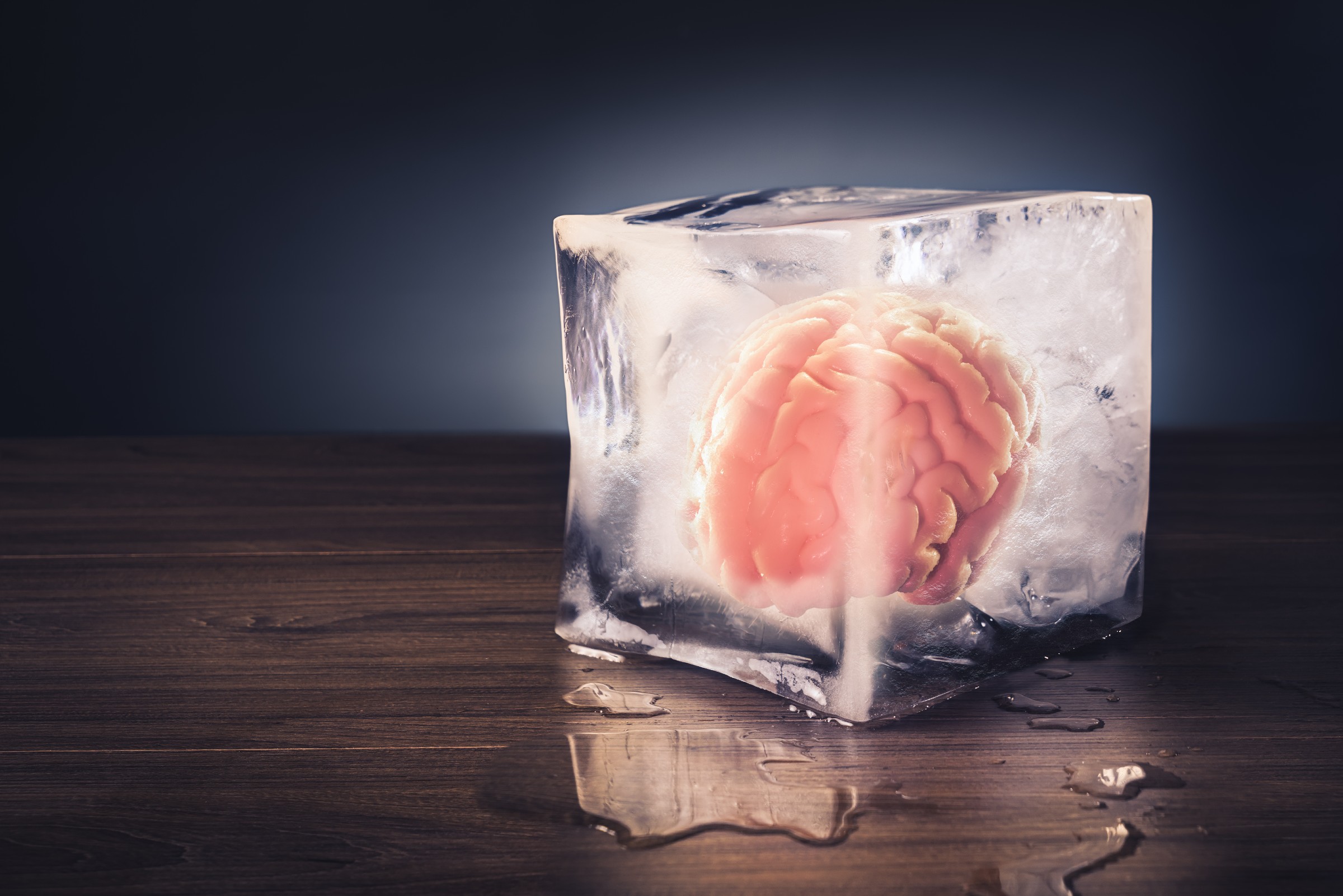
Scientists finally found a way to thaw frozen human brain tissue without damaging it. In a groundbreaking development, scientists have discovered a new technique that allows human brain tissue to be frozen and thawed while maintaining its normal function.
This breakthrough, achieved by a team led by Zhicheng Shao at Fudan University in Shanghai, China, could potentially revolutionize the study of neurological conditions. The researchers detailed their findings in Cell Reports Methods.
The team says it grew self-organizing brain samples, known as organoids, from human embryonic stem cells for three weeks, allowing the development of neurons and neural stem cells. They then tested various chemical compounds to determine which combinations could help keep the frozen human brain tissue alive and enable growth after thawing.
The most successful combination consisted of methylcellulose, ethylene glycol, DMSO, and Y27632. The researchers call it MEDY, and they suspect it somehow interferes with a pathway that would otherwise initiate cell death, allowing for the tissue to freeze and be thawed without incident..
To test the effectiveness of MEDY, the team conducted a series of experiments on brain organoids of different ages, ranging from 28 to over 100 days old. They found that the thawed organoids closely resembled their unfrozen counterparts’ appearance, growth, and function, even after being frozen in MEDY for 18 months. Similar results were observed across frozen human brain tissue representing different brain regions.
The researchers also applied their technique to three-millimeter cubes of brain tissue from a 9-month-old girl with epilepsy. The tissue maintained its pre-freezing structure and remained active in a laboratory culture for at least two weeks after being thawed.
According to researchers from the University of Surrey and the University of Birmingham in the UK, this breakthrough in freezing human brain tissue could lead to improved investigations of brain development in the lab for health research.
While significantly more research and the use of larger tissues are needed, some suggest that this work could eventually lead to the freezing of entire brains. Some scientists envision a future where patients with terminal conditions or astronauts traveling to distant star systems could be cryopreserved, with MEDY representing “one small step” towards that goal.










